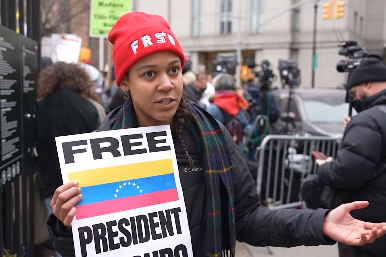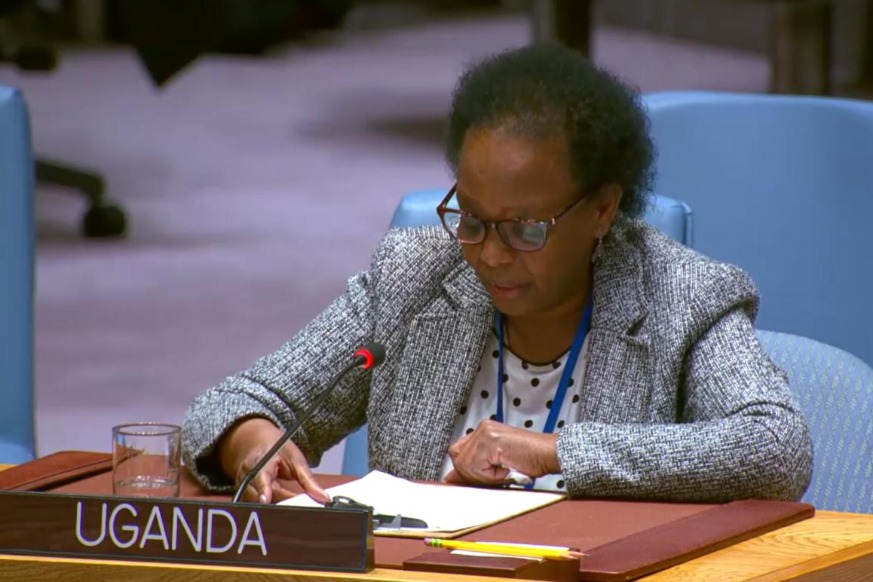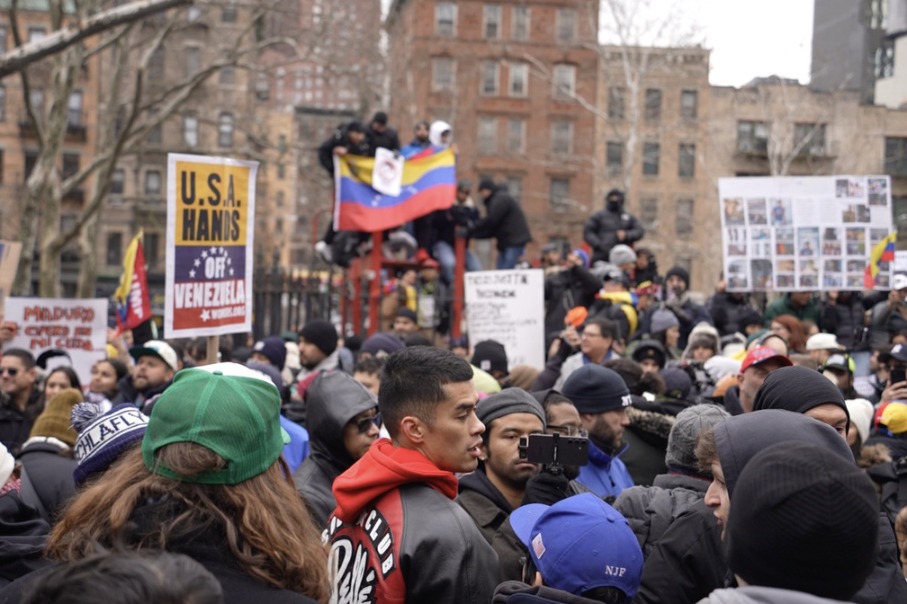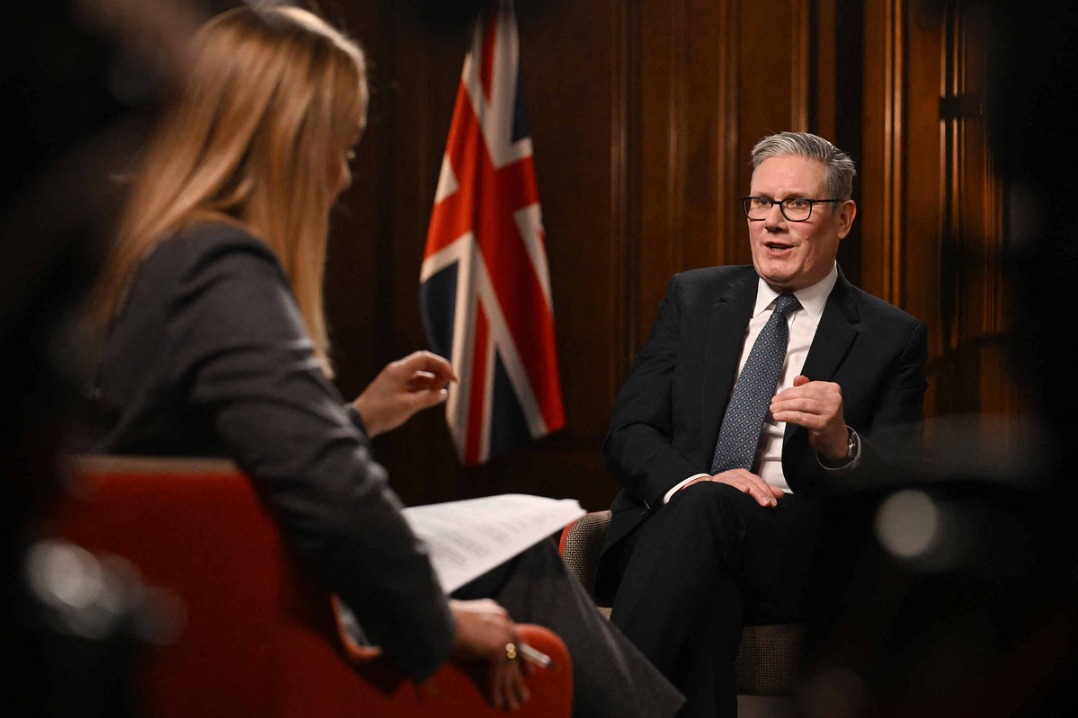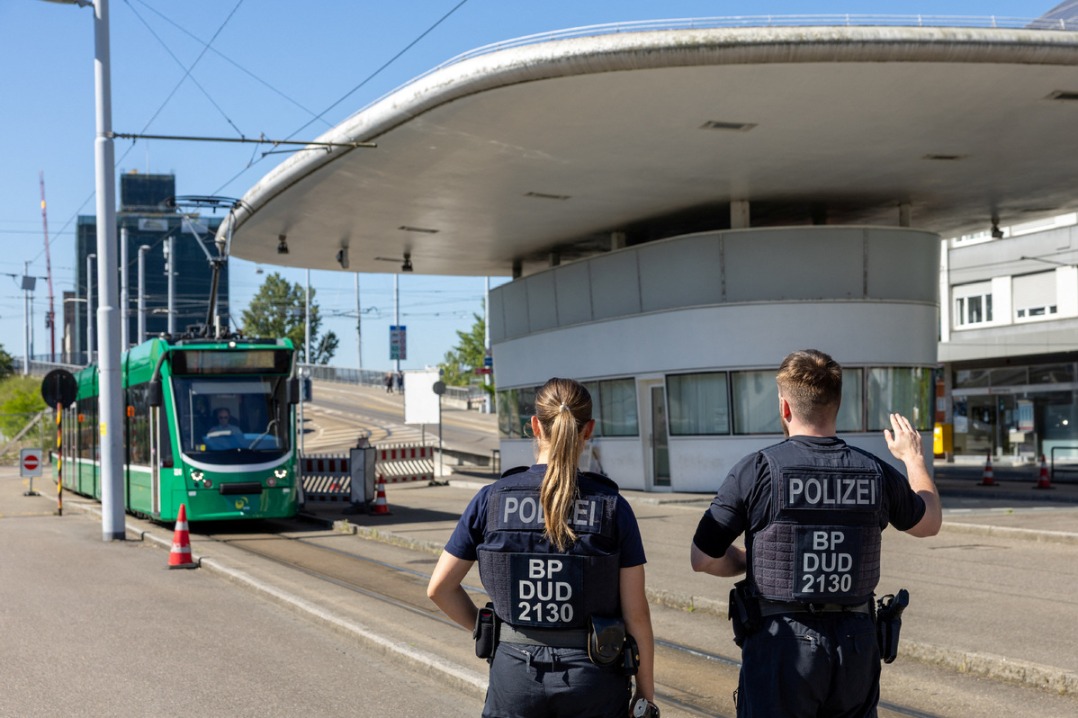New York commuters snarl at series of woes


In the budget for the 2019 fiscal year, $429 million was allocated for the MTA, part of Lhota's $836 million action plan announced in 2017 to "stabilize and improve the subway system".
At least $418 million of the money for that plan will come from the state. The city has been forced to pay the other half despite objections from New York Mayor Bill de Blasio.
Cuomo wants $254 million to fund solutions to delays, breakdowns, system failures and modernization.
Even with a cash boost, the MTA has been "bleeding money".
The agency predicts that next year it will be running a budget deficit of about $500 million, which will rise to $990 million in 2022.
John Raskin, head of the Riders Alliance, told The New York Times in November, "Riders have been paying more every two years for almost a decade, but in that time, public transit service has deteriorated."
The MTA blames fare evaders for lost revenue, saying that 208,000 people cheat the system each day by not paying for their journeys. (This is usually done by jumping over or sliding under turnstiles, or sneaking through open emergency doors.)
Fare evasion cost the MTA $215 million last year, according to an authority report.
On buses, at least 348,000 people dodged fares in 2017 by boarding through side doors, costing the city $119 million. The problem was worst in The Bronx and on Staten Island, the MTA said.
The decision by Manhattan District Attorney Cyrus Vance Jr. to stop prosecuting fare evaders has been another drain on the subway's cof-fers, according to MTA board member Larry Schwartz.
"The problem is people are not paying, and that is not fair to those who are," Schwartz said.
However, a spokesman for the district attorney's office said, "New York City Police Department officers and New York City transit inspectors continue to enforce fare evasion regulations.
"Violators may be warned, ejected, connected with social services, issued a TAB (Transit Adjudication Bureau) summons (a civil ticket), a c-summons (a criminal ticket), or be arrested. The district attorney's policy only affects criminal prosecutions following arrests."
















